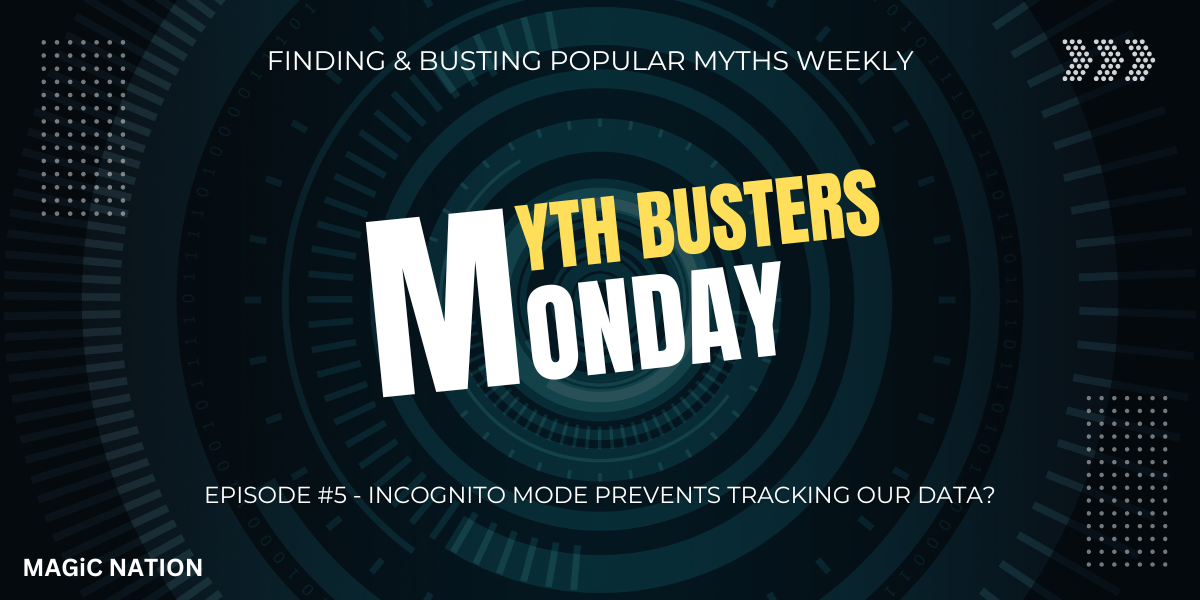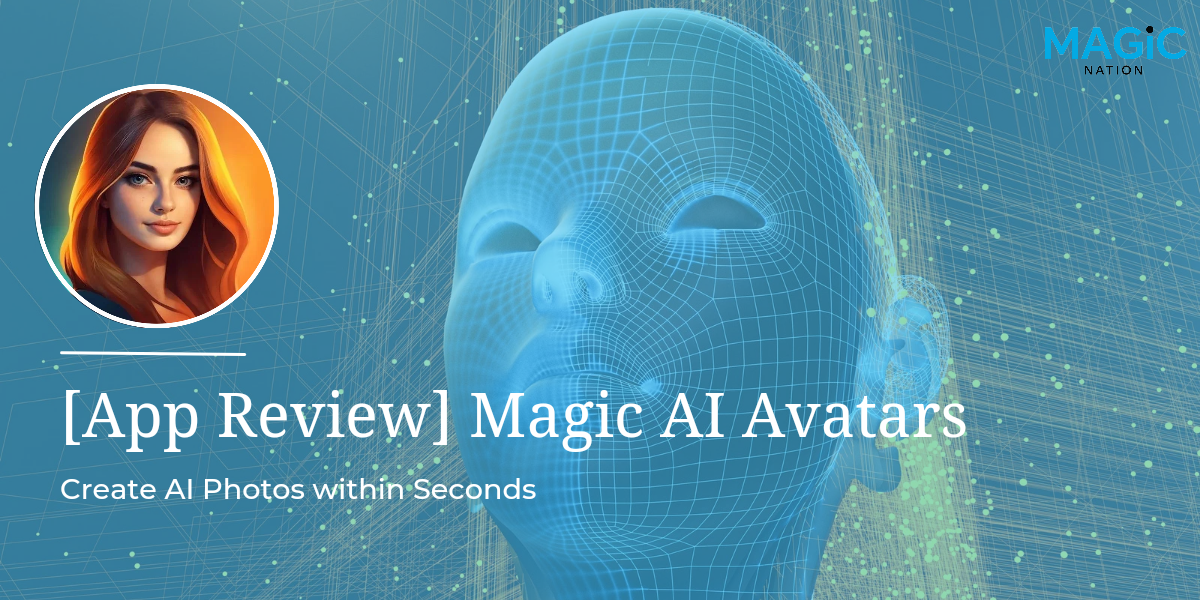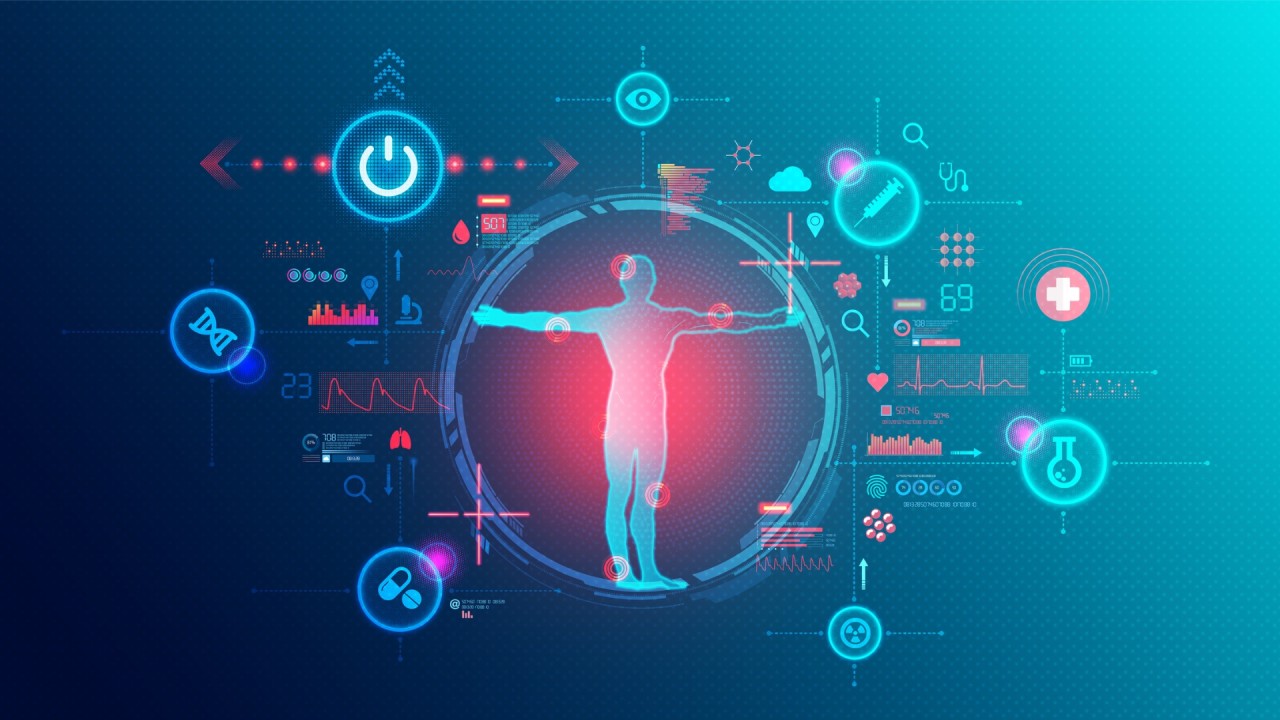
Hey Explorers!
Hope you all are doing well! Welcome to a new article covering the impact of AI on society.
We all know that Artificial intelligence (AI) is no longer a futuristic concept. It's rapidly becoming a part of everyday life, transforming how we work, learn, and interact with the world. Although AI and its applications are vast, today we are focusing specifically on its impact on society. AI is profoundly influencing various aspects of society. Let's delve in to learn more!
Introduction

The name itself defines AI: an intelligence that is artificial. You can think of AI as an "artificial brain" in a metaphorical sense. It is a branch of computer science aimed at creating systems capable of performing tasks that require human intelligence. This includes learning, problem-solving, natural language understanding, and pattern recognition.
AI has the potential to impact many societal aspects and is significantly influencing society in both positive and challenging ways. From healthcare and education to agriculture and transportation, AI's influence is profound and multifaceted. This article delves into the impact of AI on society, examining its effects on healthcare, education, AIoT automation, transportation, agriculture, and privacy concerns.
Healthcare

AI is significantly enhancing healthcare by improving diagnostic accuracy, personalizing treatment, drug discovery, surgery, and optimizing administrative processes.
- Diagnostic Accuracy: AI-powered tools can analyze medical images with high precision, aiding in the early detection of diseases such as cancer. Machine learning algorithms can analyze vast amounts of medical data to identify patterns that might be overlooked by human doctors, improving diagnostic accuracy and enhancing patient outcomes.
- Personalized Treatment: AI enables the creation of personalized treatment plans by analyzing individual patient data, including genetics, lifestyle, and medical history. This approach enhances the effectiveness of treatments and reduces the risk of adverse reactions.
- Drug Discovery: AI can analyze complex biological data to accelerate the development of new drugs and therapies compared to traditional methods that cost both money and time.
- Surgery and Robotics: AI-powered surgical robots are revolutionizing the operating room by offering several advantages over traditional laparoscopic surgery, including enhanced precision and control, minimally invasive procedures, real-time feedback to the surgeon, and automated tasks controlled by the surgeon.
- Administrative Optimization: AI systems can automate administrative tasks such as scheduling, billing, and managing patient records, reducing the workload on healthcare professionals and allowing them to focus more on patient care. Additionally, AI chatbots can provide patients with preliminary medical advice and information, improving access to healthcare services.
Education

AI is transforming education by offering personalized learning experiences, automating administrative tasks, and providing advanced data analytics.
- Personalized Learning: AI-powered educational platforms can tailor learning experiences to individual students' needs, preferences, and learning paces. This personalization helps students grasp concepts more effectively and enhances overall learning outcomes.
- Administrative Automation: AI can automate tasks such as grading and attendance tracking, freeing up educators' time to focus on teaching and student engagement. This increased efficiency can improve the overall educational experience.
- Advanced Analytics: AI-driven data analytics can provide insights into student performance, identifying strengths and weaknesses. Educators can use this information to develop targeted interventions and support strategies, ensuring that all students receive the help they need to succeed.
AIoT Automation

AI is playing a major role in smart home automation, making our homes not just automated but truly intelligent.
- Smart Homes: In smart homes, AIoT systems can control lighting, heating, and security based on occupants' preferences and behaviors, enhancing comfort, security, and energy efficiency. With AI integration, smart devices can take predictive actions, learn your habits, provide automated responses and intelligent surveillance, and enable seamless device interaction.
Transportation

AI is revolutionizing transportation through the development of autonomous vehicles, traffic management systems, and predictive maintenance.
- Autonomous Vehicles: Self-driving cars and trucks, powered by AI, promise to reduce accidents, improve traffic flow, and enhance mobility for people with disabilities. These vehicles can analyze their surroundings in real time, making split-second decisions to navigate safely.
- Traffic Management: AI can optimize traffic flow in urban areas by analyzing real-time data from traffic cameras, sensors, and GPS devices. This optimization reduces congestion, improves travel times, and lowers emissions.
- Predictive Maintenance: AI can predict when vehicles and infrastructure components need maintenance, preventing breakdowns and reducing repair costs. This predictive approach enhances the reliability and safety of transportation systems.
Agriculture

AI is transforming agriculture by optimizing crop management, improving yield predictions, livestock management, and enhancing sustainability.
- Precision Farming: AI-powered drones and sensors can monitor crop health, soil conditions, and weather patterns. This data enables farmers to apply the right amount of water, fertilizers, and pesticides at the right time, optimizing crop yields and reducing resource waste.
- Yield Prediction: Machine learning algorithms can analyze historical and real-time data to predict crop yields with high accuracy. This information helps farmers make informed decisions about planting, harvesting, and marketing their produce.
- Livestock Management: AI is also being used to improve livestock management. For example, AI systems can be used to track the health of animals and predict when they are likely to get sick. This allows farmers to take preventive measures to keep their animals healthy.
- Sustainability: AI can promote sustainable farming practices by minimizing the use of chemicals and water, reducing the environmental impact of agriculture. Additionally, AI can help in identifying and mitigating the effects of climate change on agriculture.
Privacy Concerns

AI's growing presence in our lives brings undeniable benefits but also raises significant privacy concerns. Here are some key areas to consider:
- Data Collection and Use: AI systems are data-hungry, often requiring vast amounts of personal information to function and improve. This data collection can be explicit (when you provide information knowingly) or implicit (through sensor data, browsing habits, etc.). The concern is how this data is stored, used, and potentially shared with third parties.
- Lack of Transparency: Many AI systems operate as "black boxes," making it difficult to understand how they arrive at decisions. This lack of transparency can be problematic, especially when AI is used in areas like loan approvals or criminal justice where the reasons behind a decision can be crucial.
- Algorithmic Bias: AI algorithms can perpetuate existing societal biases if trained on biased data sets. For example, an AI system used for facial recognition might have a higher error rate in identifying people of color if the data it was trained on primarily depicted white faces.
- Surveillance and Tracking: AI is increasingly used in surveillance technologies like facial recognition cameras. This raises concerns about mass surveillance and the potential erosion of privacy rights, especially if such systems are used without proper oversight.
- Data Security Vulnerabilities: AI systems, like any computer system, are susceptible to hacking and data breaches. In the case of AI, a security breach could expose vast amounts of personal data or allow manipulation of the AI's decision-making process.
The impact of AI on society is profound and far-reaching, influencing almost every aspect of our lives from healthcare to transportation, education to agriculture. As AI continues to advance, its transformative capabilities pose ethical, social, and economic challenges that require thoughtful consideration. While it offers unprecedented efficiencies and advancements, ensuring equitable access, protecting privacy, and managing job displacement are crucial issues that need proactive solutions. By fostering collaboration between technologists, policymakers, and society at large, we can navigate the complexities of AI and harness its potential for the greater good.Conclusion
Thanks for taking the precious time to engage in this thread.
Signing Off














